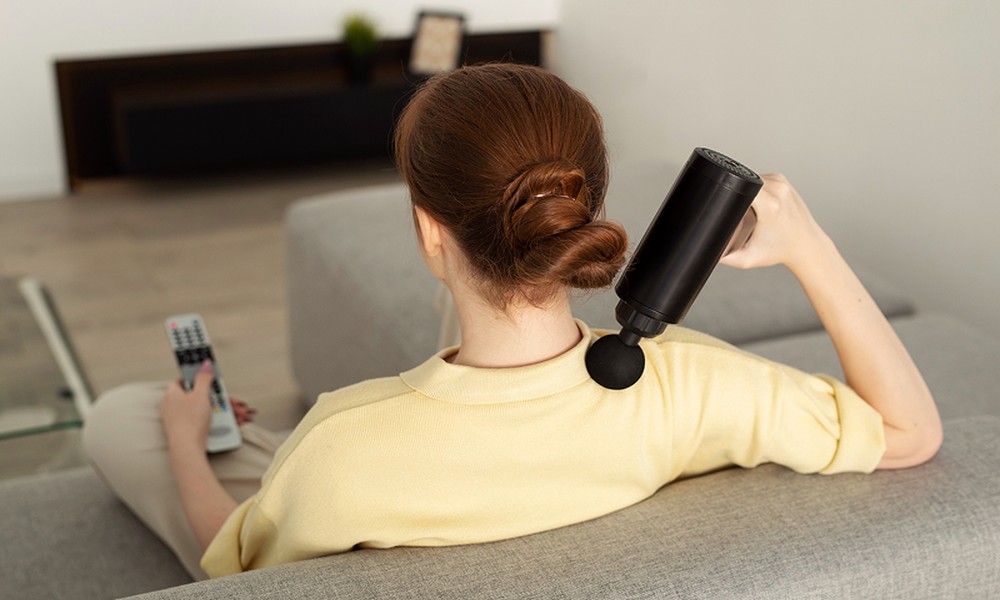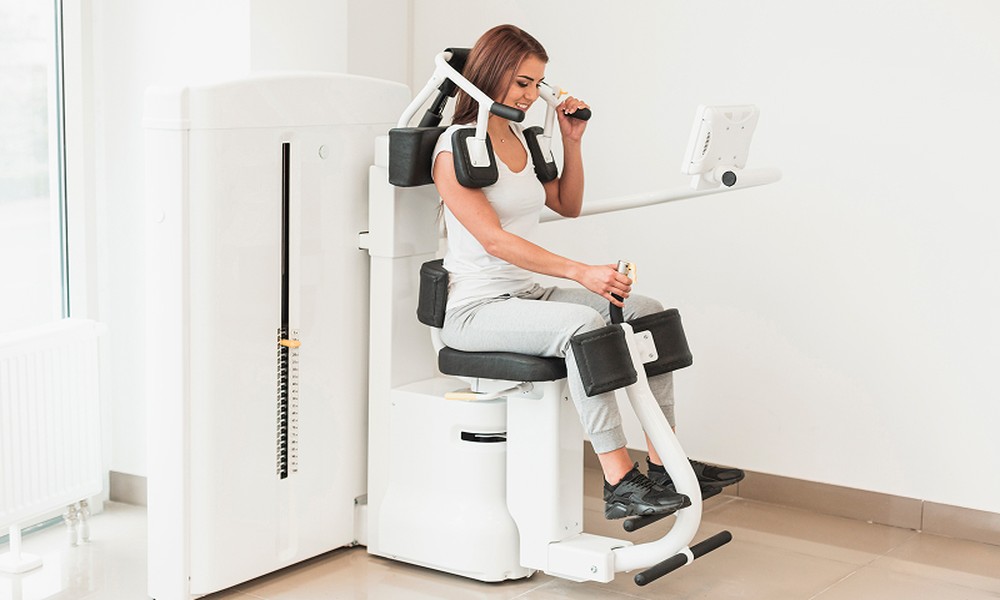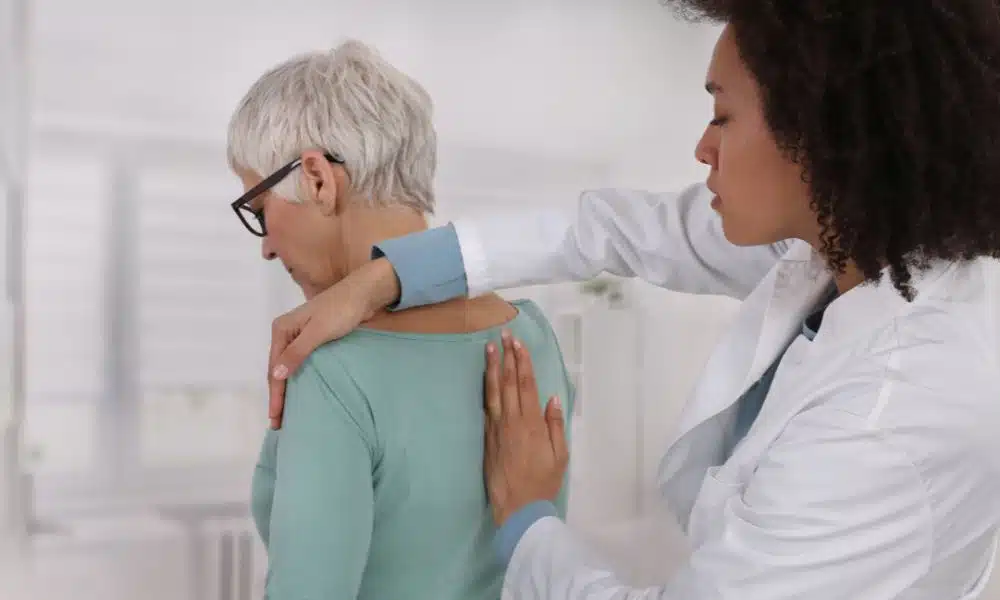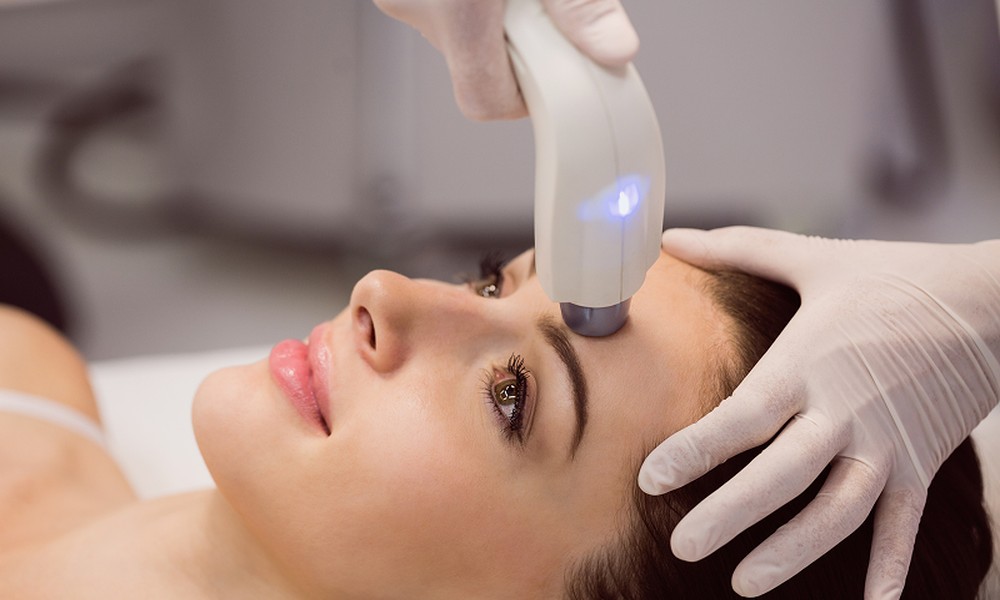Crucial Conversations: Med Spa Practitioners And Patient Communication

Welcome to a crucial topic in med spa practice – patient communication. Many of us have a fear of discussions that involve serious matters. When a patient walks in for an injectables spring appointment, for example, they might be nervous. They may have questions. It’s our job as practitioners to make them feel comfortable. We need to talk, listen, and understand. These are key elements of our profession. This blog will explore them in detail.
Open conversations can help erase these fears. They create trust. Trust leads to better treatment outcomes. A study from the National Institutes of Health supports this statement. It shows that good communication can improve patient satisfaction. It can also improve a patient’s health status.
How to Communicate Effectively?
So how can we improve our communication skills? Here are three simple yet powerful steps:
- Listen actively: This means focusing fully on the patient. It’s not just about hearing the words. It’s about understanding the feelings behind them.
- Respond empathetically: Show your patients that you understand. Be compassionate. Use words and body language to match their emotions.
- Explain clearly: Make sure your patient understands the treatment plan. Avoid medical jargon. Use simple, everyday words.
These steps may seem simple. Yet, they can make a big difference. They can turn a nervous patient into a confident one. They can turn a one-time visitor into a loyal customer.
Communication and Patient Results

Better communication doesn’t just lead to happier patients. It also leads to better results. Here’s a comparison between good and poor communication in a med spa setting:
| GOOD COMMUNICATION | POOR COMMUNICATION | |
| Patient Satisfaction | High | Low |
| Treatment Outcomes | Better | Worse |
| Return Visits | More Likely | Less Likely |
In conclusion, communication is crucial in a med spa setting. It’s about more than just words. It’s about understanding, empathy, and clarity. Let’s make it our goal to improve our communication skills. In doing so, we can improve our patient’s experience and their treatment outcomes. This is the true essence of our profession.








